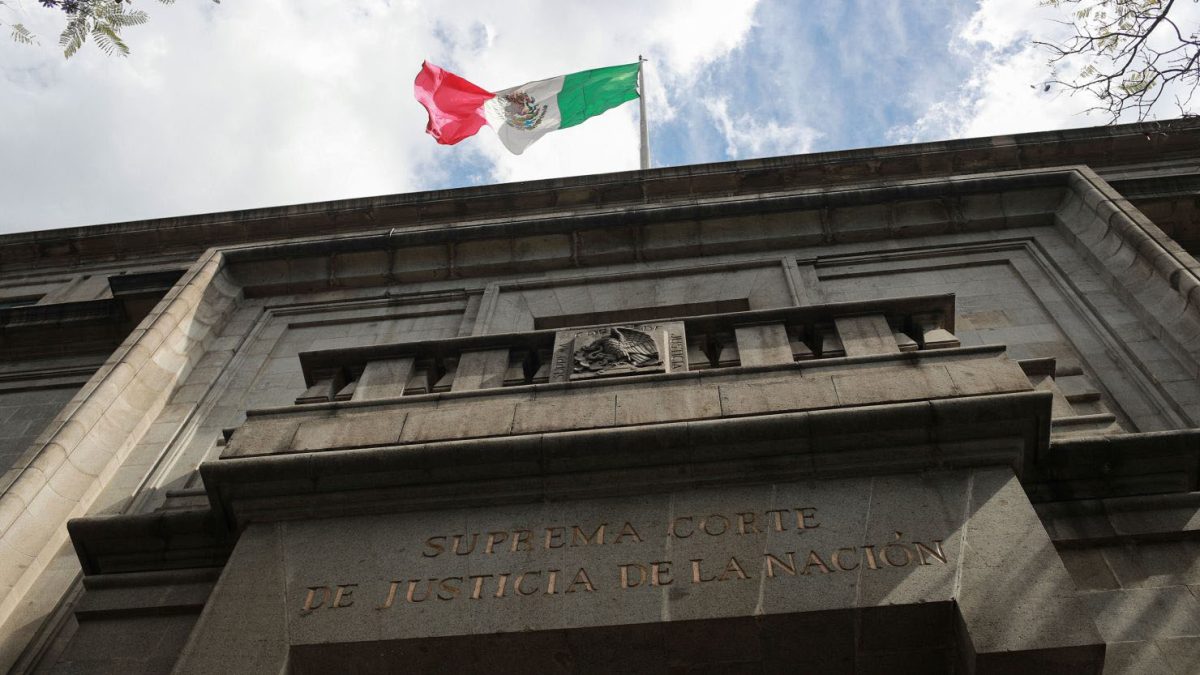MEXICO CITY, (Reuters) – Mexico’s Supreme Court fell short in a vote yesterday to invalidate part of a controversial judicial reform passed by lawmakers in September that requires the election of all judges over the next few years.
After several hours of debate on the constitutionality of the judicial reform, only seven of the court’s 11 justices voted to support a measure to roll back some of the reform’s key elements, one vote short of the eight required to pass it.
The debate over the constitutional changes enacted by Congress and approved by a majority of state legislatures in September had threatened to trigger an institutional crisis in Mexico, as President Claudia Sheinbaum had argued the court has no authority to review the reform.
The draft ruling voted on by the Supreme Court would have scaled back some of the elections by popular vote of judges and magistrates, one of the most controversial aspects of the reform proposed by former President Andres Manuel Lopez Obrador and supported by Sheinbaum.
The draft measure also questioned the validity of a section of the reform that allows judges to work anonymously on cases involving organized crime.
Mexico’s lower house of Congress in October voted to approve a constitutional change that makes reforms to the constitution “unchallengeable,” raising questions about what impact the Supreme Court’s decision would have had and the principle of separation of powers.
Supreme Court president Norma Pina said earlier yesterday the debate on the draft was of “extreme complexity and extraordinary importance for our nation.”
“It is not an exaggeration to say that whatever decision we reach, it will be taken up by the history books of our country,” Pina added.
The judicial reform requires elections be held in June 2025 to replace a wide range of judicial positions across the country, including all Supreme Court justices, which will be reduced to nine members.






